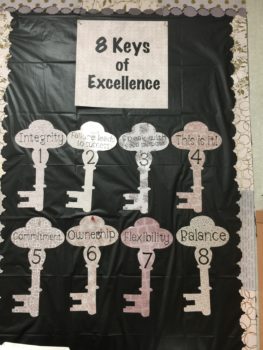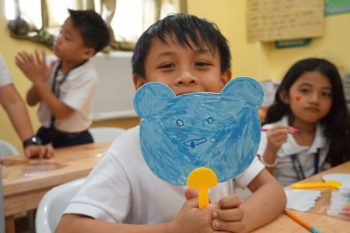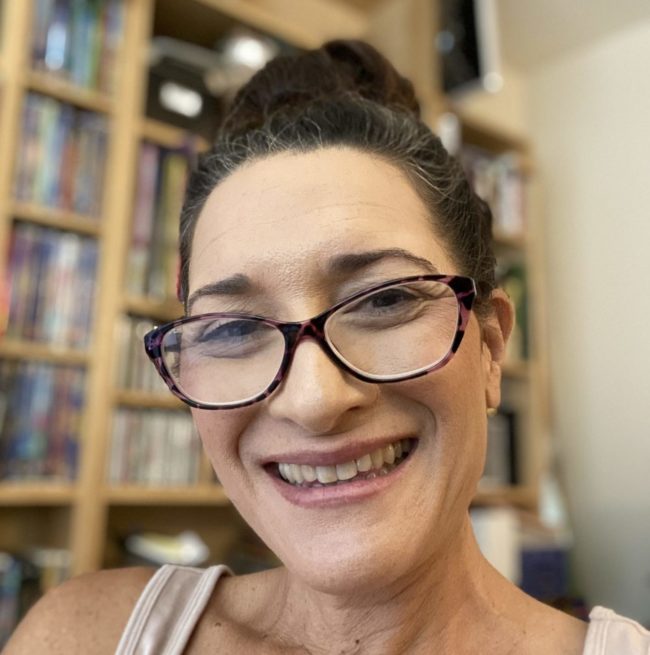 Get Support for Your Child at School
Get Support for Your Child at School
Many schools these days share that they are a “PBIS school” or that they “Use the MTSS framework” for student support. The use of these acronyms may leave some parents feeling lost or unsure about the programs that are in place for their children at school. It’s important to know and understand the systems your child’s school uses so you can be informed when you are asking for support.
MTSS, a commonly used system for addressing student behavior and needs, stands for Multi-Tiered Systems of Support. In this framework, efforts to support students are divided into three categories: Tier 1 (universal supports), Tier 2 (group supports), and Tier 3 (targeted interventions). A breakdown of these tiers is provided below:
Tier 1: Universal Supports
These are supports and expectations that are in place for all students. One of the basic elements of this tier is having a set of clear expectations for all students that are taught and enforced in all areas of the school. Many schools use a set of expectations like, “Be safe, be responsible, and be respectful.” These are recommended expectations because they are easy to understand and most student work and/or behaviors would fall into these three categories if they need to be addressed. Schools also have explanations and examples of what meeting these expectations would look like in all areas of the school, including classrooms, walkways, and the cafeteria. Tier 1 supports may also include a school token economy or rewards system, and there may be a set of both positive and negative consequences for meeting (or not meeting) these expectations. Approximately 80-85% of students will be successful with just tier 1 level supports and interventions. [Read more…]

Dr. Kevin Myers is an Executive Administrator for YPI Charter Schools and the Principal at Bert Corona Charter School. He has served the Los Angeles community as a teacher, administrator, and grant director for over 20 years. He has a passion for developing teachers and educational leaders to engage in the challenging work of bringing equity to our schools and our communities. Dr. Myers has developed an expertise in supporting underserved communities, building effective and cohesive school leadership teams, and engaging parents to uplift their communities through engagement at their children’s schools. He wrote his dissertation on teacher self-efficacy and job satisfaction and is a strong advocate for supporting and working with teachers to build a strong and successful school community. In addition to his work at YPI Charter Schools, Dr. Myers is also a faculty member at Cal State Fresno and works with student teacher candidates to earn their credentials as they work through the CalState TEACH program.
 Teaching our Kids Character Habits That Last a Lifetime (Part 2)
Teaching our Kids Character Habits That Last a Lifetime (Part 2)
 How to Help Struggling Students Learn
How to Help Struggling Students Learn
 It’s funny once you hit Spring Break blink and it is summer break. Where did the year go? How was the year? Before rushing into vacation mode, here are a couple of things you can do to make sure the year ends on a good note and set up our children for success next year.
It’s funny once you hit Spring Break blink and it is summer break. Where did the year go? How was the year? Before rushing into vacation mode, here are a couple of things you can do to make sure the year ends on a good note and set up our children for success next year.